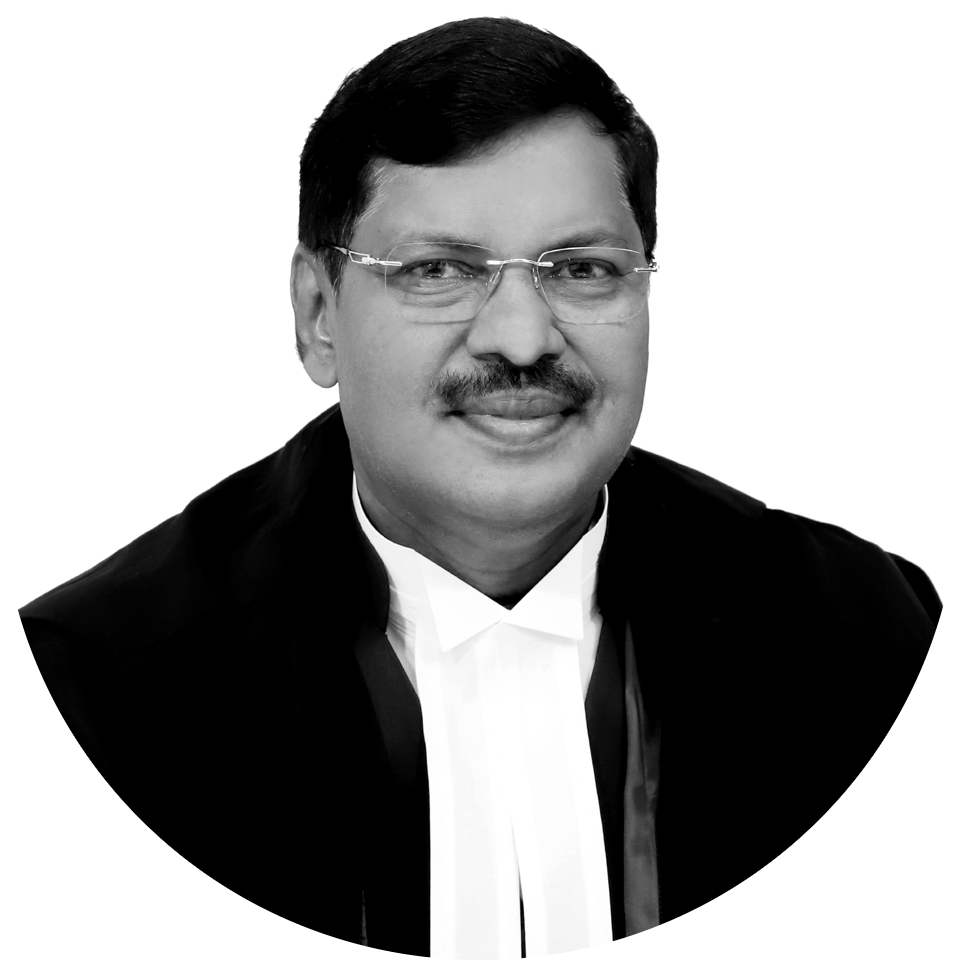Guidelines for search and seizure of digital devices
Foundation for Media Professionals v Union of India
The Supreme Court is hearing a petition by the Foundation for Media Professionals requesting model guidelines regulating search and seizure of digital devices
Pending
Parties
Petitioner: Foundation for Media Professionals, Amazon Seller Services Private Ltd.
Lawyers: Sr. Adv. Siddharth Aggarwal, Sr. Adv. Nithya Ramakrishnan
Respondent: Union of India, Directorate of Enforcement
Lawyers: Additional Solicitor General S.V. Raju
Case Details
Case Number: W.P. (Crl.) No. 395/2022
Next Hearing:
Last Updated: July 8, 2025
Key Issues
Is the present regulation on the search and seizure of digital devices inadequate?
Does the search and seizure of devices without a prior judicial warrant violate the right to privacy enshrined under Article 21?
Case Description
In October 2022, the Foundation for Media Professionals (FMP) filed a writ petition at the Supreme Court under Article 32. They asserted that there was an urgent need to regulate the search and seizure procedure for digital devices in India.
The petition claimed that the existing legal framework under various penal statutes is inadequate to cover digital devices. FMP contended that these devices, containing private conversations, pictures, and data, serve as an extension of an individual’s self. The absence of regulations, according to the petition, exposes personal data to unwarranted access by law enforcement and investigative agencies, which infringes the fundamental right to privacy enshrined under Article 21.
Additionally, FMP argued that unregulated searches of personal information on digital devices have the potential to violate the right to self-incrimination under Article 20 of the Constitution. This provision states that no person “shall be compelled to be a witness against himself.”
FMP sought that the Court should declare that the contents on a person’s digital device, including passwords, passcodes, patterns, PINs etc. are protected under Article 20. Further, they urged the Court to direct the Union to draft a model legislation for the search, seizure, and examination of digital devices in alignment with fundamental rights. They also proposed that any search or seizure of a digital device by an enforcement agency should require a “prior judicial warrant,” except in emergencies.
On 18 October 2022, a bench comprising Justices K.M. Joseph and Hrishikesh Roy issued notice to the Union. The bench tagged the case with another case titled Ram Ramaswamy v Union of India—a similar petition filed by five academics seeking guidelines for the seizure of digital devices by the police.
On 9 December 2022, the case was heard by a bench of Justices S.K. Kaul and A.S. Oka. Senior Advocate Siddharth Aggarwal appeared for FMP. After hearing the counsel, the Bench concluded that the scope of FMP’s petition was more extensive than Ram Ramaswamy’s as it sought regulation of investigation agencies beyond the police. They detagged the case from Ram Ramaswamy but tagged another case—Amazon Seller Services Private v Directorate of Enforcement with FMP’s petition.
On 9 October 2023, the Court decided to list the matter on 7 November 2023.
On 7 November 2023, a bench comprising Justices S.K. Kaul and Sudhanshu Dhulia heard arguments from Senior Advocate Siddharth Aggarwal, appearing for FMP, and Additional Solicitor General S.V. Raju. Aggarwal emphasised that numerous journalists had their devices seized arbitrarily. Raju argued that journalists, like everyone else, are not above the law. Justice Kaul asserted the need for guidelines, highlighting that investigative agencies must not possess overly broad powers. The Bench directed the Union government to formulate guidelines and scheduled the next hearing for the first week of December 2023.
On 6 December 2023, the Supreme Court adjourned the proceedings to 14 December 2023 after Raju requested additional time. He submitted that the Union has set up a committee to look into the guidelines.
On 14 December 2023, Raju requested further extension from the Court contending that the committee is engaging in discussions and relying on inputs of the petitioners for drafting the guidelines. He submitted that the CBI Manual will be used for search and seizure. The matter was listed in February 2024.


